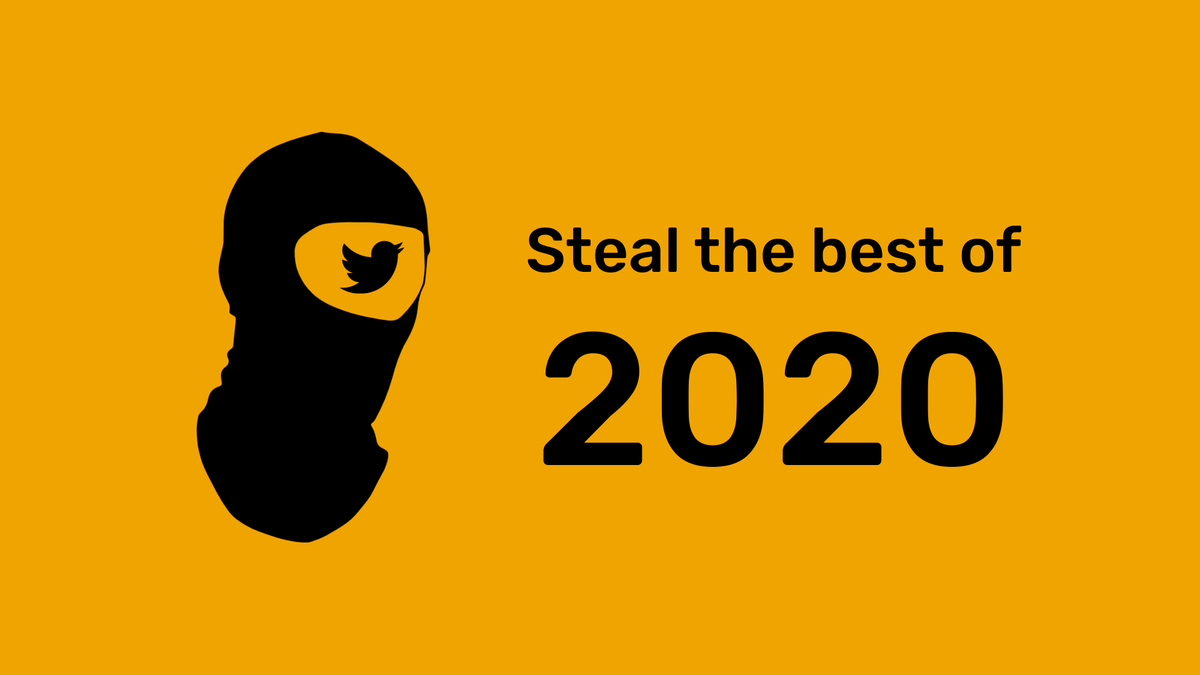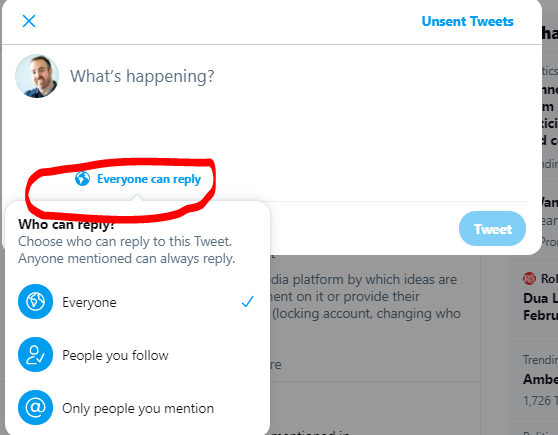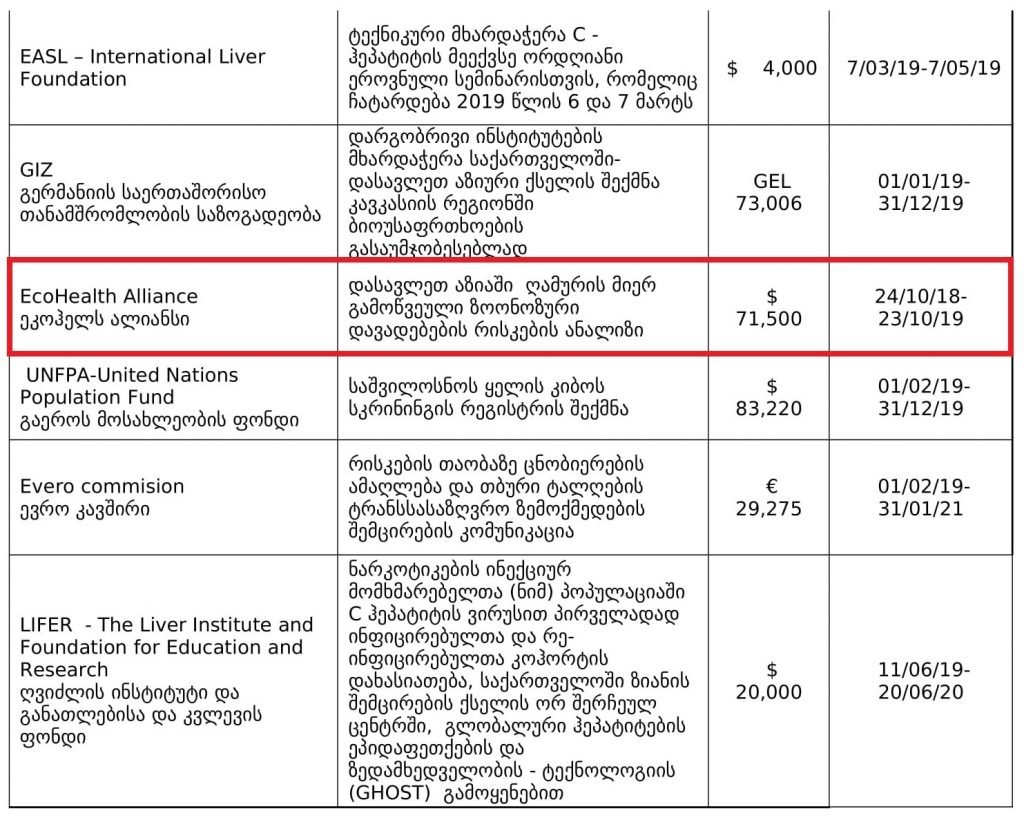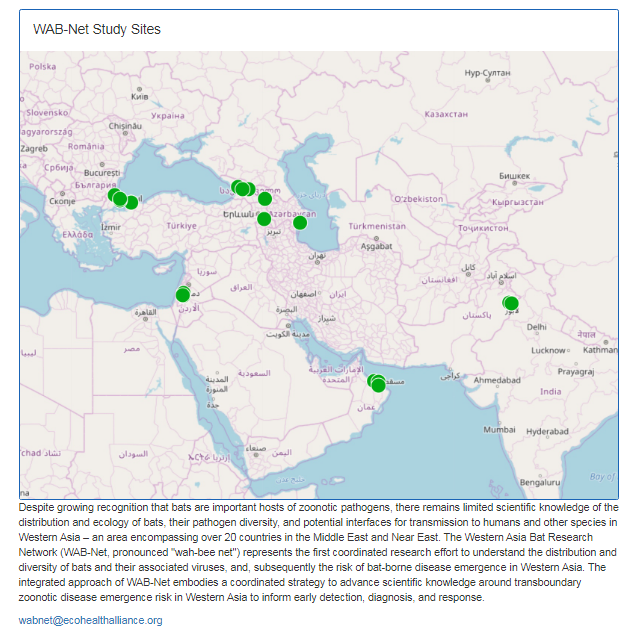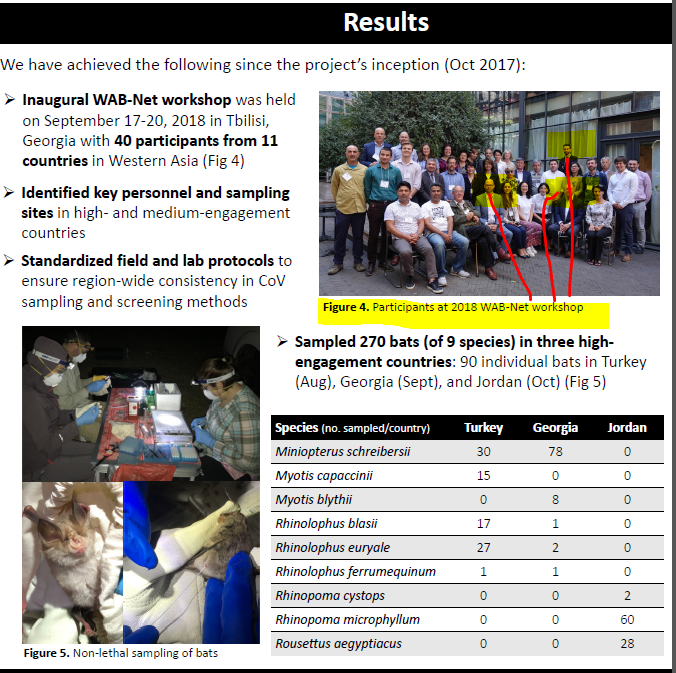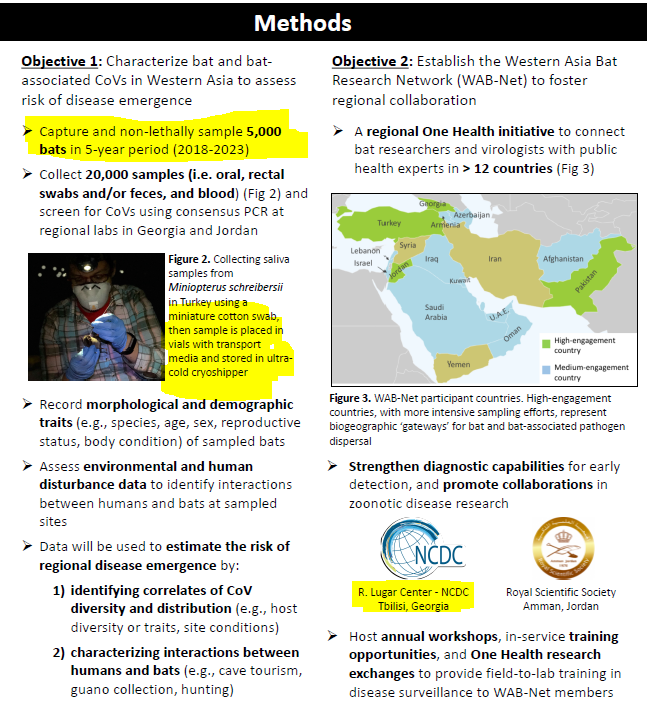2/ In many ways it's matured into a more effective professional platform than LinkedIn.
LinkedIn is (mostly) about collecting the professional contacts you've met.
Twitter is a place to meet new people.
That much hasn't changed.
https://t.co/3nemTwNAcX
3/ What also hasn't changed is its power for networking.
This is particularly useful if you break out of your echo chamber and talk, build relationships with people doing tangentially related things.
You're bricklaying and with patience it pays off.
https://t.co/nHZaE8vPpn
4/ What has changed is a growing population of people being *intentional* about the use of Twitter for their professional lives.
Observations on what's working for them:
5/ They "Build in public" - sharing behind the scenes perspectives on whatever it is you're doing professionally.
What do people not know about what you do?
Stick within your expertise, with focus, where people see you are an authority - that’s where you grow a following.
6/ They still syndicate the content that they create on other platforms (YouTube, websites, Stackshare, Gumroad) for Twitter, but it's no longer spray-and-pray or autoposting.
It's previews.
Snapshots.
Deeper Cuts.
Q&A.
Engaging with the audience that consumes your content.
7/ Their followers know their ask.
Principally they fall into one of 3 buckets
- Sales (informational products, subscriptions, books)
- Referrals (Business Development, LPs, acquisitions, employment)
- Email signups (from Substack to websites)
8/ They may not realize it, but they're engaged in content marketing.
All of the rules
@randfish laid out in his excellent 2015 deck apply
https://t.co/gCRv4b744p - they inspire a community
- reinforce a belief
- refute an opposing argument
- start a passionate discussion
9/
- discuss what's in someone else's financial/ promotional interests
- leverage group inclusion dynamics
- make the sharer look smart/ important/ cool
10/ Informal conversation still happens, but it's mostly in replies.
Replies are still open season to be friendly, deepen relationships, and - the most important value prop of all to Twitter - a barrier-less way to ask questions of people that would otherwise be unreachable.
11/
No one cares about your personality (not enough for a follow).
They care about your expertise. And what they can learn.
That’s your highest point of authority, when you leverage what you know best.
(That's a big difference between 2008 and 2021 Twitter.)
12/ The key difference between being a "pro" on Twitter vs an amateur comes down to the audience you're writing for:
Pros are writing for a specific external audience.
Amateurs are writing for their friends or themselves.
Twitter is maturing, and it's fertile ground for pros.



